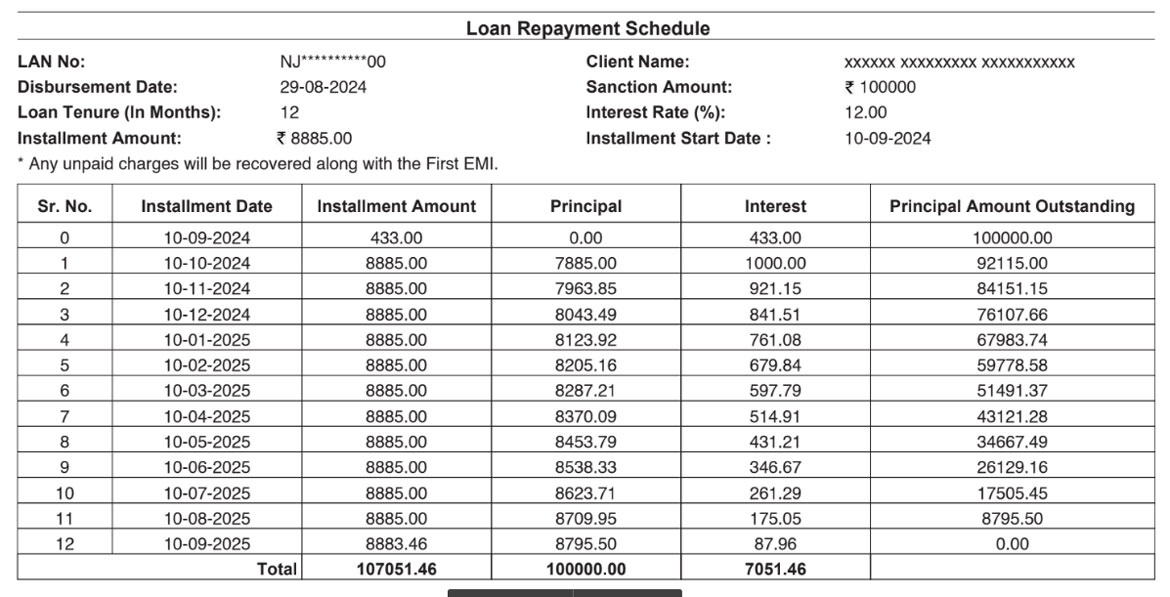This stark increase in speculative trading has been driven largely by rising retail participation over the past few years, prompting regulators to highlight this as a compelling concern. In response, the regulator has taken necessary steps to address the disproportionate growth of F&O volumes and retail participation. These steps, while prudent, may impact market sentiment in the short term. Participants heavily engaged in derivative trading may react to tighter restrictions, potentially causing temporary shifts in liquidity and pricing. Nevertheless, these steps should contribute to the long-term health and integrity of the financial markets. Over the long-term, investor behaviour and market's direction shall be driven by the underlying growth in the economy and corporate earnings.
Recently, there has been heightened activity in the IPO market, both on the SME exchange and the main exchange. This surge reflects growing interest in new listings across various sectors, creating a dynamic environment for investors. However, we remain selective, guided by our commitment to fundamental analysis and long-term value.
From a valuation perspective, the financial services sector is currently trading at or around its long-term averages, making it relatively attractive compared to other sectors in the market. This combination of growth potential and reasonable valuations reinforces our positive outlook on the sector.
Source: Media reports, Bloomberg, SEBI
The views expressed are the author's own views and not necessarily those of UTI Asset Management Company Limited. The views are not investment advice and investors should obtain their own independent advice before taking a decision to invest in any asset class or instrument.
Mutual Fund Investments are subject to market risks, read all scheme related documents carefully.










